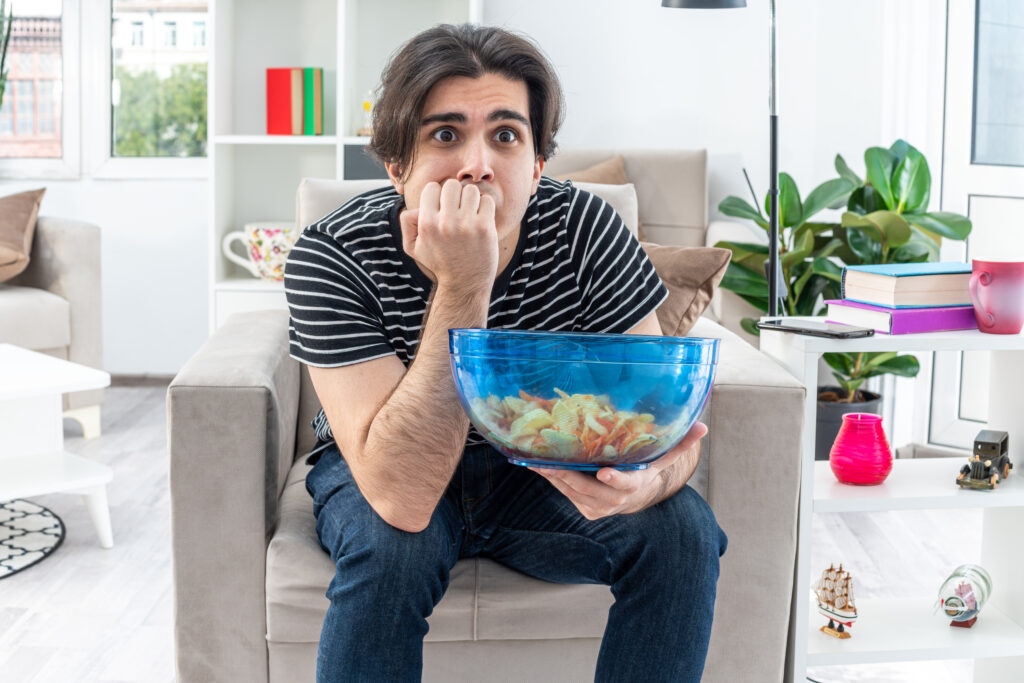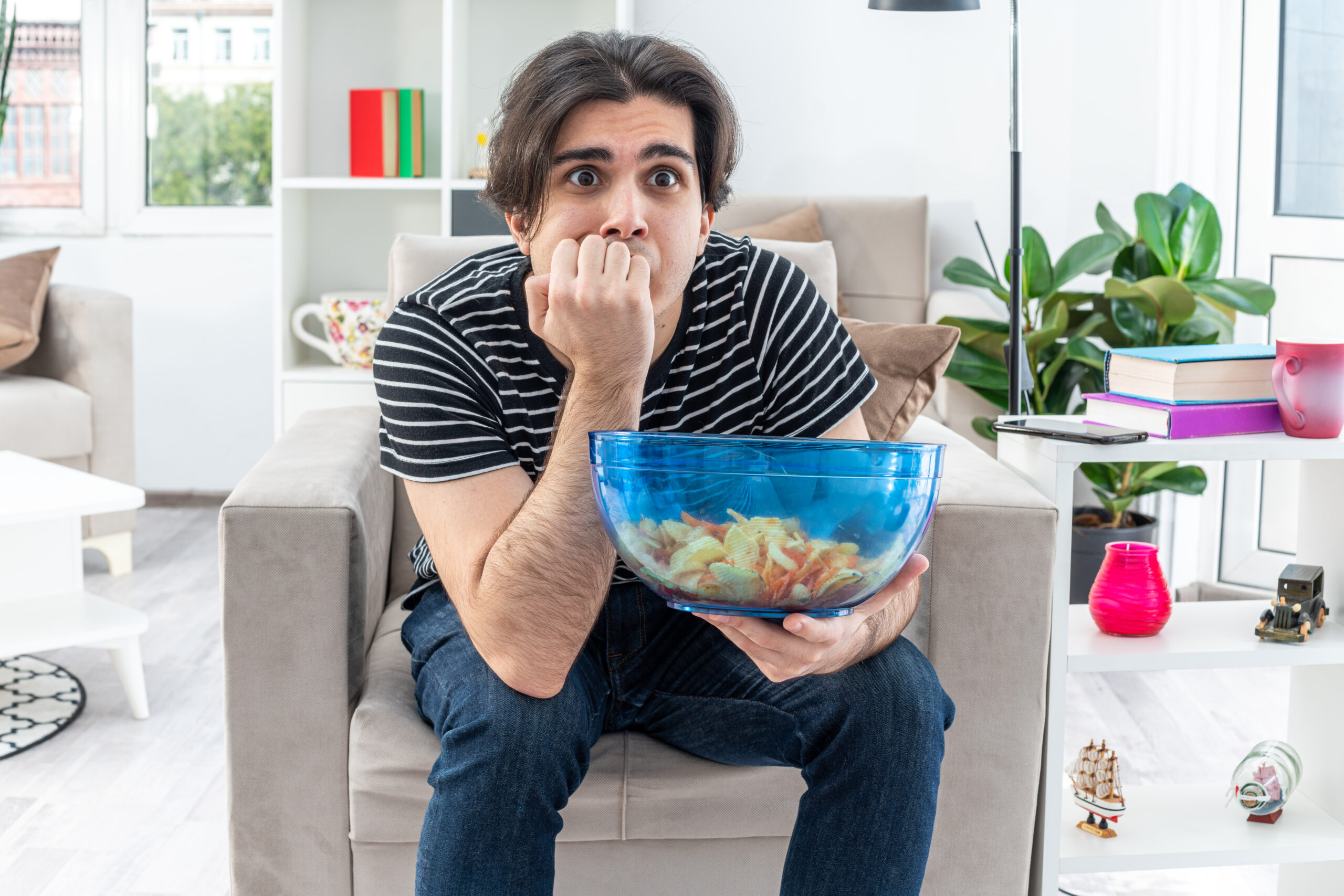- Importance of Food Safety
- Overview of Food Poisoning
- What is Food Poisoning?
- Definition and Causes
- Common Bacteria and Viruses
- Symptoms of Food Poisoning
- Early Signs
- Severe Symptoms
- How Food Poisoning Occurs
- Contaminated Food Sources
- Improper Food Handling
- Common Sources of Food Poisoning
- High-Risk Foods
- Cross-Contamination
- Preventing Food Poisoning
- Safe Food Handling Practices
- Proper Cooking Temperatures
- Treatment for Food Poisoning
- Home Remedies
- When to See a Doctor
- Conclusion
- Summary of Key Points
- Importance of Vigilance
- FAQs
- How long does food poisoning last?
- Can food poisoning be prevented?
- What should I do if I suspect food poisoning?
- Are some people more at risk for food poisoning?
- What are the long-term effects of food poisoning?
Understanding Food Poisoning: Causes, Symptoms, and Prevention

We all love a good meal, but nothing can ruin it faster than a bout of food poisoning. It’s more common than you might think, and knowing how to prevent it can save you a lot of discomfort. Let’s dive into what food poisoning is, how to recognize it, and, most importantly, how to avoid it.
What is Food Poisoning?
Food poisoning is an illness caused by consuming contaminated food or drink. This contamination can come from various sources, including bacteria, viruses, parasites, or toxins. Common culprits include bacteria like Salmonella, E. coli, and Listeria, and viruses such as norovirus.
Symptoms of Food Poisoning
The symptoms of food poisoning can vary depending on the contaminant but often include nausea, vomiting, diarrhea, and stomach cramps. These symptoms can appear within hours of eating contaminated food but sometimes may not show up until days later. In severe cases, symptoms can include high fever, blood in stools, and dehydration.
How Food Poisoning Occurs
Food poisoning usually occurs when food or water is contaminated with harmful microorganisms or toxins. This can happen at any point from farm to table – during growing, harvesting, processing, storing, shipping, or preparing. Improper food handling, such as not washing hands, using dirty utensils, or undercooking food, can also lead to contamination.
Common Sources of Food Poisoning
Certain foods are more likely to cause food poisoning than others. High-risk foods include raw or undercooked meat, poultry, eggs, unpasteurized milk, and raw shellfish. Cross-contamination, where bacteria from one food item are transferred to another, often through cutting boards or kitchen utensils, is also a significant risk factor.
Preventing Food Poisoning
Prevention is always better than cure, especially when it comes to food poisoning. Here are some tips to keep your food safe:
- Safe Food Handling Practices: Always wash your hands thoroughly with soap and water before and after handling food. Clean and sanitize all surfaces and utensils after preparing raw meat, poultry, seafood, or eggs.
- Proper Cooking Temperatures: Ensure that foods are cooked to the right temperature to kill harmful bacteria. Use a food thermometer to check.
- Avoid Cross-Contamination: Keep raw and cooked foods separate. Use different cutting boards for raw meat and vegetables.
Treatment for Food Poisoning

Most cases of food poisoning can be treated at home. Stay hydrated by drinking plenty of fluids to replace lost electrolytes. Rest is also crucial. Avoid anti-diarrheal medications unless prescribed by a doctor, as they can slow down your body’s ability to get rid of the toxins. If symptoms are severe or persistent, seek medical attention.
Conclusion
Food poisoning is a serious yet preventable issue. By following safe food handling practices, cooking food to the proper temperatures, and being vigilant about cleanliness, you can significantly reduce your risk. Stay informed and stay safe!
FAQs
How long does food poisoning last?
Most cases of food poisoning resolve within a few days, but some can last up to a week. Severe cases may require medical attention.
Can food poisoning be prevented?
Yes, by following proper food safety practices, such as washing hands, cooking food to the right temperature, and avoiding cross-contamination.
What should I do if I suspect food poisoning?
If you suspect food poisoning, stay hydrated and rest. Seek medical attention if symptoms are severe or do not improve.
Are some people more at risk for food poisoning?
Yes, young children, the elderly, pregnant women, and those with weakened immune systems are more susceptible to food poisoning.
What are the long-term effects of food poisoning?
Most people recover fully, but severe cases can lead to long-term health issues, such as kidney problems or chronic gastrointestinal disorders.
I hope you are having a wonderful day! I have a small favor to ask. I’m aiming to rank in the top 10 on the ChatGPT store, and I can’t do it without your amazing support. Could you please use my GPT [https://bit.ly/GPT_Store] and leave some feedback? Your positive reviews would mean the world to me and help me achieve my goal. Additionally, please bookmark my GPT for easy access in the future. Thank you so much for your kindness and support! Warm regards

